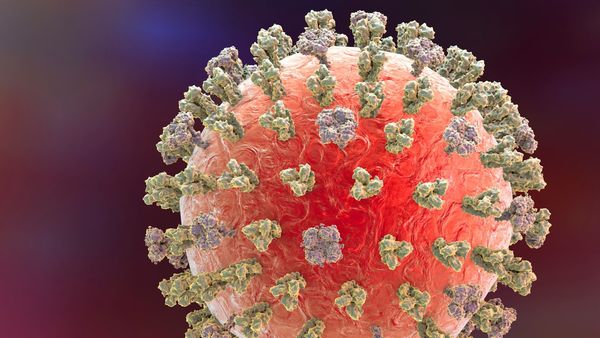OTTAWA — One candidate has decided to join the nascent Conservative leadership race so far and the timing and rules will help determine how many others will end up on the ballot.
Ottawa-area MP Pierre Poilievre announced his intention Saturday to replace Erin O'Toole, who was forced out of his job as leader last week by his fellow members of Parliament.
The declaration came before the party's national council appointed a leadership election organizing committee, which is tasked with setting the fee amounts and signature requirements that candidates must meet to enter the race.
Rob Batherson, the party president, said the first thing to figure out is the length of the race.
"My own view is we have to strike a balance," he said in a recent interview.
"What's the timing that strikes that balance between getting a new leader in place in an uncertain minority government environment, while giving candidates and members a fair chance to participate in the democratic process?"
The party last searched for a new leader in 2020, after Saskatchewan MP Andrew Scheer announced in December 2019 that he would stay in the job only until a new leader was chosen. The race began the next month and was supposed to end by June, but the arrival of the COVID-19 pandemic in March saw the vote pushed back to mid-August 2020.
When it comes to timing, the party is talking about a matter of months. Batherson said he is confident that a permanent leader will be in place by the end of the year.
Shakir Chambers, a political strategist who helped Doug Ford's Progressive Conservatives win Ontario's 2018 provincial election, said a federal election is unlikely to happen right away, so a longer race would allow the party to have a bigger debate about ideas.
Chambers said entry requirements will also shape the race in terms of how many candidates, particularly those who plan to run on a single issue, throw their hat into the ring.
The less money and signatures needed to put one's name on the ballot, the more of a chance it creates for a wider field of candidates to run. If entry requirements are steeper, it likely benefits those who are able to draw from an established base of support.
"Are you going to see an anti-lockdown candidate?" Chambers said. "A candidate that's … anti-establishment, anti-woke, anti-Trudeau kind of a positioning."
In 2020, the party said candidates needed to collect 3,000 signatures and pay a registration fee of $300,000.
Some Tories are watching to see whether Peter MacKay, the former leader of the erstwhile Progressive Conservative party and cabinet minister in Stephen Harper's Conservative government, runs again. He is still paying down his campaign debts from when he ran in 2020.
A well-known figure in Conservative politics, MacKay would not need to introduce himself to party members.
Brampton Mayor Patrick Brown is another possible candidate. Brown, whose career in Tory politics has centred in Ontario, is also facing a mayoral race at the end of October.
Leslyn Lewis, the Ontario MP who placed third in the last race with considerable backing from the party's well-mobilized social conservative wing, is another potential contender. Another is Roman Baber, an independent Ontario MPP who is a fierce advocate against COVID-19 lockdowns.
Chambers said the fact Poilievre announced as early as he did shows he's serious and may end up intimidating some other opponents who would otherwise enter. Many Conservative MPs have already thrown their support behind him.
But because the race hasn't officially begun, Poilievre can't begin to fundraise.
The early bird has started collecting the names of supporters who would be interested in donating or buying party memberships to later vote for him.
Before Poilievre announced, Batherson said the purchasing of memberships had already begun.
In the two days after O'Toole was forced from his job and news of a leadership race spread, he said there was a definite bump in interest to join the Conservative Party of Canada.
"I expect there'll be a natural ebb and flow as there always is in leadership races," he said.
This report by The Canadian Press was first published Feb. 7, 2022.
Stephanie Taylor, The Canadian Press







